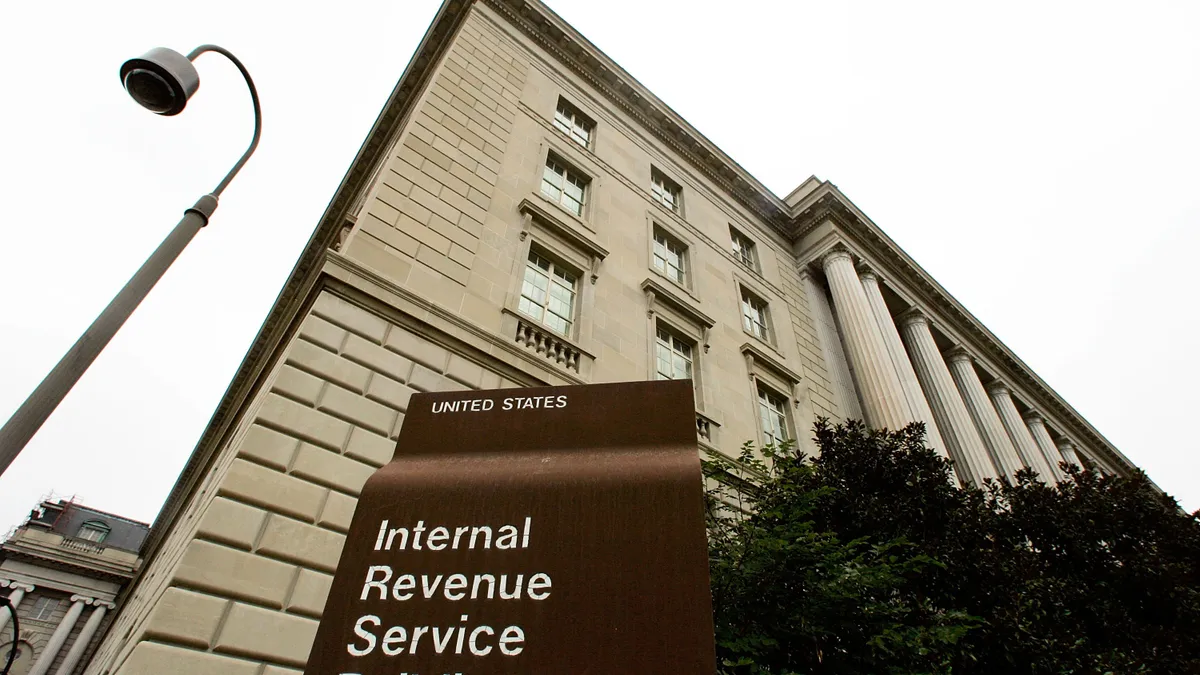Dive Brief:
- Individual employees enrolled in self-only coverage under a high-deductible health plan may contribute up to $4,300 to a health savings account in 2025, the IRS announced Thursday, while those with family coverage may contribute up to $8,550.
- The new limits are an adjustment for inflation and represent an increase from 2024’s limits of $4,150 for self-only coverage and $8,300 for family coverage.
- The agency’s regulatory definition of an HDHP also has changed for 2025. Next year, HDHPs are defined as plans with annual deductibles not less than $1,650 for self-only coverage or $3,300 for family coverage. The annual out-of-pocket limit for HDHPs will be set at $8,300 for self-only coverage and $16,600 for family coverage.
Dive Insight:
The news comes months after an Employee Benefits Research Institute and Greenwald Research analysis showed enrollment in health savings account-eligible HDHPs largely leveled off in 2023.
The same report found that a large majority of privately insured adults were at least somewhat satisfied with the ease of selecting a health plan during open enrollment, though actual satisfaction with health plans overall was lower among HDHP enrollees.
Previously, EBRI found in a 2023 analysis of data from more than 13 million HSAs that most HSA users did not take complete advantage of the tax benefits the accounts offer. EBRI said the average account holder “contributes far less than than the maximum and does not invest their HSA” but that the longer someone does own an HSA, the more likely that person is to invest their HSA in assets other than cash.
“The tax benefits of HSAs are maximized when [account holders] contribute the statutory maximum and minimize withdrawals for current medical expenditures and invest their HSA balances in assets other than cash,” EBRI said in the analysis. “In addition to tax benefits, HSAs also allow [account holders] to roll over their balances from year to year to accumulate more savings for future medical expenditures, as well as medical expenditures in retirement.”
Among other hurdles, research indicates employees may not fully understand their benefits. Healthcare literacy can drastically improve worker well-being, a 2023 report from MetLife concluded. To that end, HR can provide benefits education both to employees and to managers who can help answer questions, sources previously told HR Dive.












